Tips for Avoiding Common Asthma Triggers
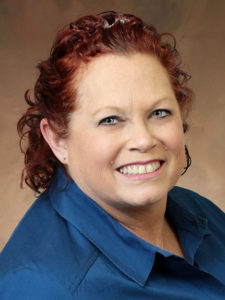
Patti West, APRN, Nurse Practitioner
Post written by Patti West, APRN, Nurse Practitioner, Health Partnership Clinic
Does your child suffer from Asthma?
Watching your child struggle to breathe or talk can be very frightening.
According to the Center for Disease Control and Prevention (CDC)’s 2015 and 2016 National Health Interview Surveys (NHIS), about 24.6 million people have asthma, including 6.1 million children.
Children with asthma may experience wheezing, coughing, chest tightness and trouble breathing, often early in the morning or at night.
Because a child has smaller airways than an adult, asthma can be especially serious for them.
While many people may feel relief from their asthma symptoms during the summer months, common summertime allergens can pose problems for many asthmatics.
Some people with asthma react poorly to heat and humidity. Summer weather also tends to coincide with poorer air quality. It is important to be especially mindful on ozone alert days.
Asthma triggers can make your child’s symptoms start to appear or possibly worsen into a full-blown asthma attack. Watch for these 10 common triggers.
- Air pollution: You cannot control the quality of air in the area in which you live, but you can limit your child’s exposure to it. Stay indoors on hot days, especially in the afternoon and evenings when pollution in the air from smog is usually worse. Pay attention to changes in air quality. You can find air quality reports online or on local TV, radio stations or in newspapers.
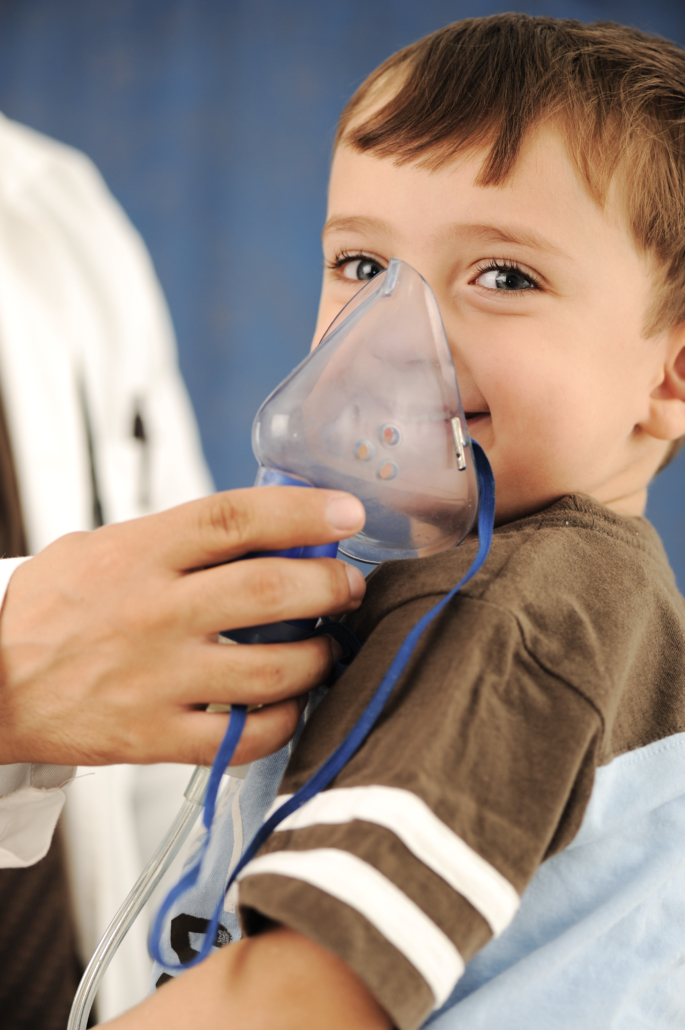 Dust mites: Where there is dust, there are dust mites. These creatures are so tiny that they cannot be seen but they live in sheets, pillowcases, carpeting and upholstered furniture. Keep your home as clean as possible and eliminate dust and clutter from your child’s bedroom whenever possible.
Dust mites: Where there is dust, there are dust mites. These creatures are so tiny that they cannot be seen but they live in sheets, pillowcases, carpeting and upholstered furniture. Keep your home as clean as possible and eliminate dust and clutter from your child’s bedroom whenever possible.- Heightened emotions: Extreme sadness, anger or excitement cannot be controlled, but you can teach your child to take deep calming breaths to help him or her relax when they are upset.
- Exercise: Just because your child has asthma does not mean that they have to sit on the sidelines. Talk to your health care provider to plan an approach to appropriate physical activities for your child.
- Foods: Allergies to certain foods such as nuts, shellfish or dairy products can make your child’s asthma worse. If you suspect that your child has an undiagnosed food allergy, talk to your health care provider who may suggest seeing a specialist.
- Infections: Cold, flu or other viral infections can be an asthma trigger for children. During cold and flu season make sure your child washes their hands and try to keep them away from infected individuals. Make sure they get a yearly flu shot and adequate sleep and exercise and that they eat well.
- Pet dander: If your child’s asthma is triggered by pet dander, make sure to keep your pet out of your child’s bedroom at all times. You can also try giving your pet a bath weekly. Do not allow your child to brush your pet which stirs up dander making it easier to breathe it in.
- Secondhand smoke: It is very important that children with asthma stay away from cigarette smoke. If you or someone else in your household smokes, the best thing you can do is quit. Make sure family activities take place in a smoke-free environment. Teach your child to move away from adults that light up near them.
- Smells: Strong smells from things like perfume, cleaning products and hairspray can be asthma triggers. Look for natural cleaning products and avoid using scented candles and air fresheners in your home.
- Changes in weather: Extremely cold windy days, hot humid days or any change in the weather can trigger your child’s asthma symptoms. Keep your child inside when possible if the weather is extremely hot or cold. A scarf to cover your child’s nose and mouth can help during the brutal winter months.
Remember to schedule regular asthma checkups with your child’s health care provider and don’t hesitate to seek emergency care when necessary. Pediatric appointments are available by calling 913-648-2266.
To schedule an appointment in Paola call 913-294-9223. For an appointment in Ottawa call 913-401-2750.

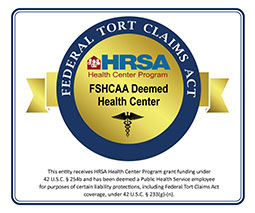
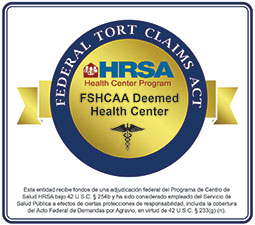

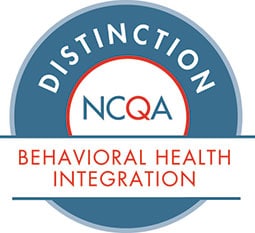


I had no idea that dust mites and their wastes could trigger asthma. I’ve been having a really hard time with my asthma recently, so this is a good thing to know. I’ll be sure to clean my room more carefully, so that the dust levels go down.